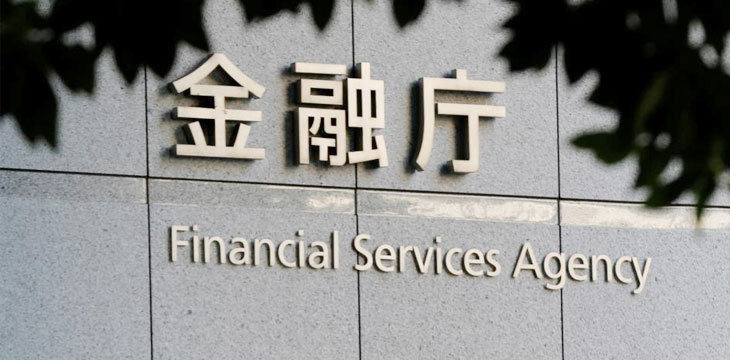|
Getting your Trinity Audio player ready...
|
Japan’s Financial Services Agency (FSA) doesn’t feel that the licensed cryptocurrency exchanges are working hard enough to combat money laundering. The agency is reportedly going to push for change at the exchanges, implementing a number of improvements that target internal systems.
On Tuesday, Nikkei reported that the FSA will be issuing its now-famous business improvement orders to at least five different exchanges, including Bitbank, bitFlyer, BtcBox, BITPoint Japan and Quoine. The orders are meant to ensure the companies comply with anti-money laundering (AML) regulations and come about as the exchanges begin to see rapid growth of funds holdings.
The FSA, during a recent inspection of the exchanges, reportedly found some discrepancies in internal policies at several licensed exchanges that could result in a lack of ability to discern suspicious transactions. The agency also identified a lack of personnel compared to the transaction volume seen on the platforms.
The orders come shortly after a self-governing regulatory group comprised of cryptocurrency exchanges announced measures to increase their AML practices. Those measure included the prohibition of member exchanges from listing certain coins, such as Monero or Dash, over the coins’ privacy concerns. The group told Nikkei, “The association also wants to prohibit exchanges from accepting new currencies that cannot be traced to previous sellers, since such currencies could easily be used for money laundering and are hard to monitor. Highly anonymous coins like Monero, Dash and Zcash could be forced out of the mainstream.”
That group, called the Japan Virtual Currency Exchange Association (JVCEA), also implemented a policy change to prevent insider trading. It told the news outlet, “The proposed rules explicitly ban insider trading. Word has leaked previously that a major exchange would start handling a new currency, which led to a surge in the currency’s value and left many suspecting market manipulation. Such activity would represent a clear violation of the new rules.”
The JVCEA was created in March, in part to overcome a lack of investor confidence stemming from the Coincheck hack that occurred several months earlier. The group is made up of 16 government-licensed cryptocurrency exchanges, and is overseen by Money Partners CEO and Chairman Taizen Okuyama. The CEO of Bitflyer, Yuzo Kano, serves as the Vice Chairman beside Noriyuki Hiroeno, president of Bitbank.

 03-02-2026
03-02-2026 




